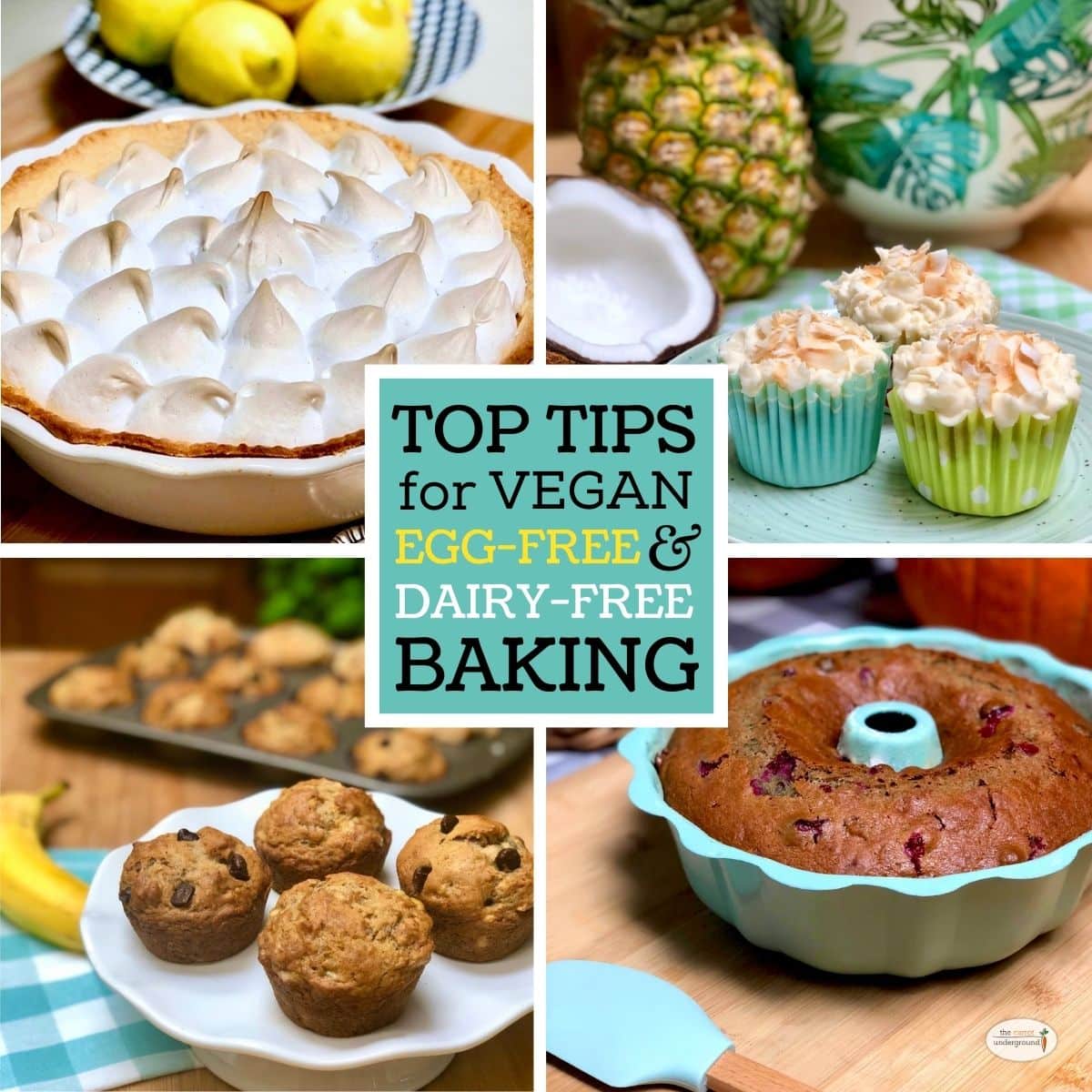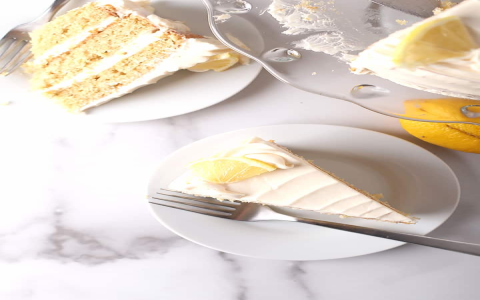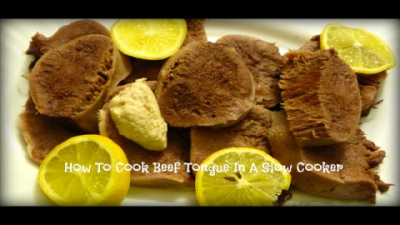Understanding the Baking Dilemma: Why Substitute Coconut Oil?
Baking with coconut oil has become popular over the years for its unique texture and subtle taste. However, there are times when you need a substitute for coconut oil baking. Maybe you’ve run out, or you want a healthier option; maybe there are dietary restrictions, or perhaps it’s just personal preference. Actually, the demand for alternatives has been growing as more people turn to vegan, dairy-free, or allergy-friendly options. For anyone who bakes regularly, having solid knowledge about replacements is practical and can save the day when a recipe calls for coconut oil and you're out of it.
Interestingly, coconut oil offers qualities that can be tricky to replicate. It’s solid at room temperature, which helps create flaky crusts and chewy cookies. Still, with some smart choices, you can match these results—or even improve upon them—using ingredients like vegan butter, applesauce, avocado oil, and unsweetened yogurt. Before digging into the best substitutes, it's crucial to know why someone might skip coconut oil in the first place.
Common Concerns with Coconut Oil
- Saturated fat content: Coconut oil contains about 90% saturated fat, much higher than most plant oils.
- Dietary restrictions: Not everyone can consume coconut for health, allergy, or dietary reasons.
- Flavor profile: Its taste, while subtle, doesn’t suit every recipe.
Top Substitutes for Coconut Oil in Baking: The Solutions
You need an alternative—but which one should you reach for? Let's break down the most effective and user-approved substitutes, blending problem-solving with real-life experience.
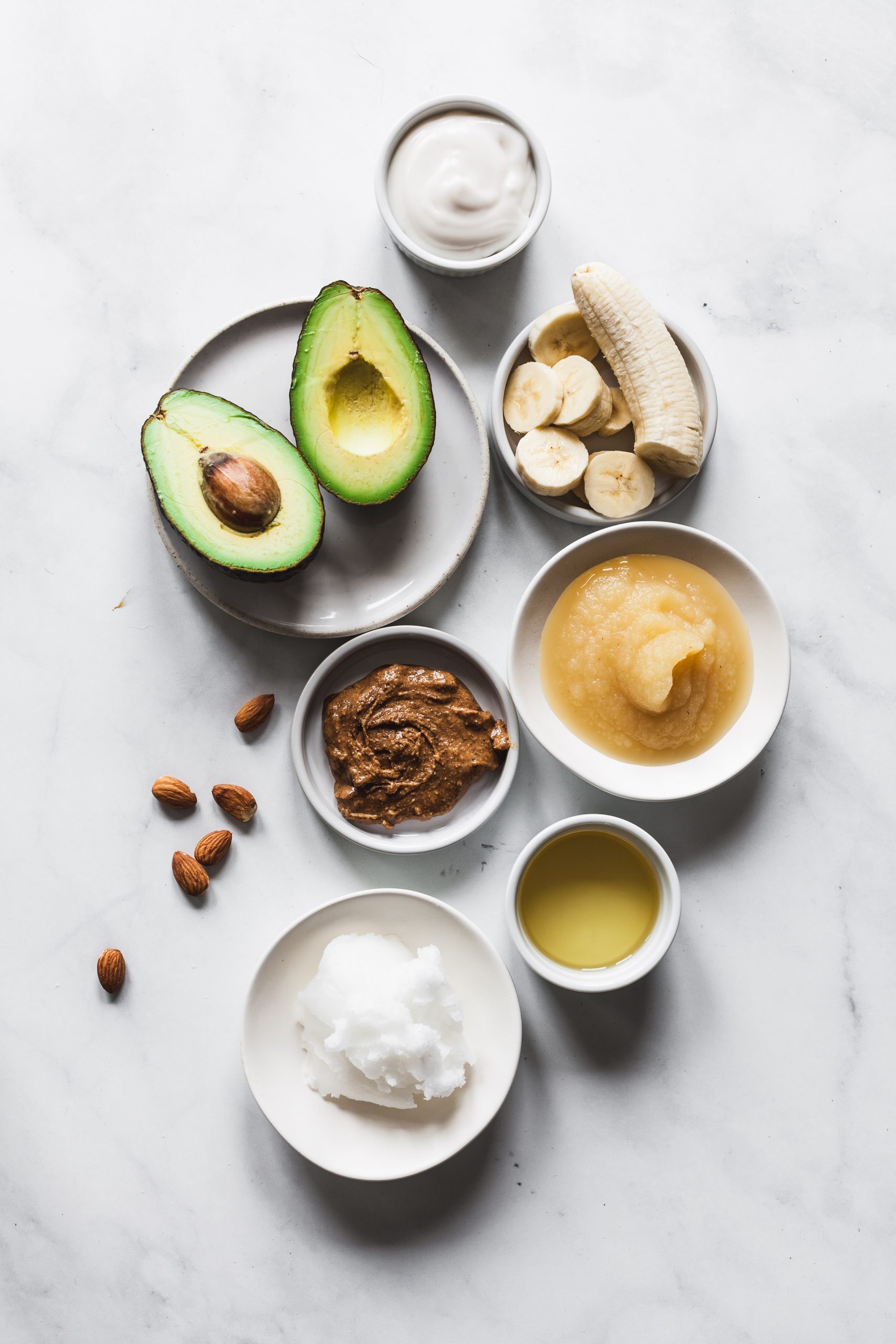
1. Vegan Butter: The Gold Standard for Texture
Vegan butter mimics the texture and functionality of coconut oil almost perfectly. Both stay solid at room temperature and melt smoothly into batters. As a substitute for coconut oil baking, vegan butter provides excellent structure for cookies, cakes, and brownies. Some brands use blends of canola, soybean, or even avocado oil, making them suitable for various diets. In our team's case, we found that cookies baked with vegan butter and applesauce were just as chewy as those made with coconut oil, but with less saturated fat.
Moreover, vegan butter can improve mouthfeel and texture without altering flavor significantly. Try a one-to-one replacement: use the same amount of vegan butter as you would coconut oil. It’s perfect for plant-based diets and yields predictable results.
2. Applesauce: Moisture and Binding, Made Simple
For cakes, muffins, or quick breads, applesauce shines as a healthy substitute for coconut oil baking. It introduces natural sweetness and keeps baked goods moist. Applesauce is particularly effective in recipes where the buttery mouthfeel isn't essential. Substitute it cup-for-cup, but since it's more liquid than coconut oil, you may need to slightly decrease other liquid ingredients to maintain texture.
Another upside? Applesauce cuts down fat while adding fiber, and it’s easy on the wallet. If you want to put your own spin on things, try pureed pears or mashed bananas—two classic applesauce alternatives.
3. Avocado Oil: The Healthy All-Rounder
Avocado oil offers healthy monounsaturated fats and a subtle flavor, making it a suitable secondary keyword here. Liquid oils won’t create flaky crusts but work well in cakes and muffins. The high smoke point makes avocado oil a handy choice in recipes that require a little more heat (so your baked goods won’t taste burnt or bitter).
4. Unsweetened Yogurt: Moisture and Tang!
If you’re after a dairy-free, protein-rich option, unsweetened yogurt—especially the coconut-based kind—can provide richness and moisture. Use it when texture matters more than flavor dominance. For best results, use a thick, Greek-style vegan yogurt, and start by substituting about ¾ the amount of coconut oil called for.
5. Nut and Seed Butters: For Extra Flavor
Peanut, almond, or sunflower seed butter are fun and healthy choices. They lend a distinct flavor and healthy fats. However, it's worth noting that nut butters can change the final taste quite a bit—sometimes in a delightful way!
Therefore, the type of baked good matters: seed or nut butters work better in brownies and cookies but are less ideal for delicate cakes.
Project A vs Project B: Results of Using Substitutes
To illustrate, we'll compare two sample baking projects, one with coconut oil (Project A) and one using vegan butter and applesauce (Project B). Here’s how they stack up.
| Criteria | Project A
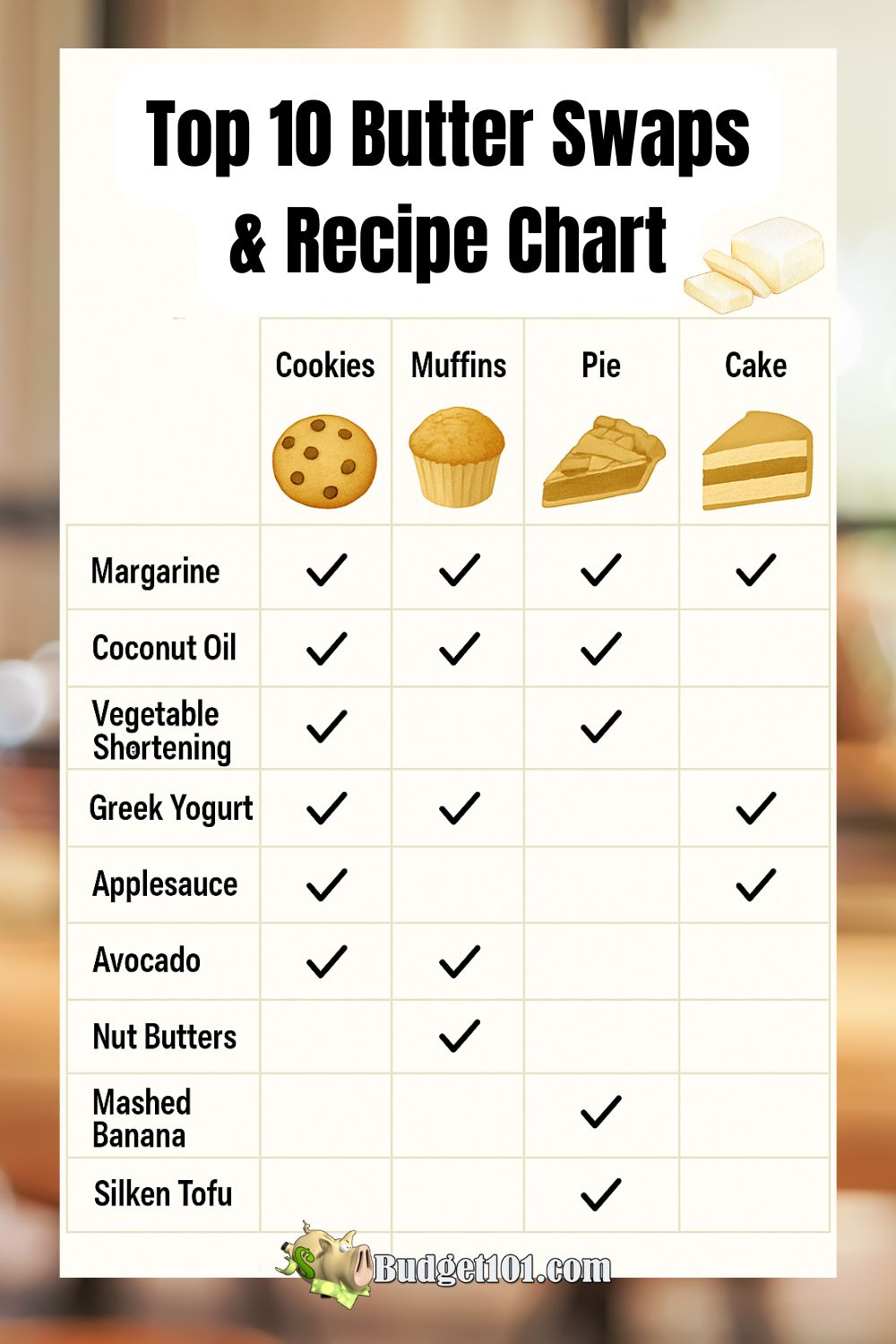 (Coconut Oil) |
Project B (Vegan Butter & Applesauce) |
|---|---|---|
| Texture | Chewy, moist | Equally chewy, slightly lighter |
| Flavor | Mild coconut | Neutral (lets other flavors shine) |
| Fat Profile | High in saturated fat | Lower saturated, more mono/polyunsaturated fats |
| Cholesterol | None | None (if vegan butter), less than dairy butter |
| Allergy-friendly | Not suitable for coconut allergies | Suitable for many allergies (dairy-free, nut-free options available) |
| Ease of Access | Widely available | Increasingly available in stores |
| Cost | Moderate | Similar or slightly higher |
Step-by-Step Guide: How to Use Vegan Butter and Applesauce as Substitutes
The following is a simple, go-to guide for swapping coconut oil for vegan butter and applesauce in a baking recipe. Even if baking isn’t your forte, these steps make it pretty foolproof.
- Measure precisely: For best results, use a kitchen scale. Replace coconut oil with vegan butter using a one-to-one ratio. If the recipe calls for a cup of coconut oil, use one cup of vegan butter.
- Add applesauce for extra moisture: Substitute up to half the required fat with an equal amount of applesauce, or substitute all for a lower-fat option.
- Watch the liquids: Applesauce contains more water than coconut oil. So, reduce other liquids (like plant milk or water) by about tablespoons per cup of applesauce.
- Mix just until combined: Over-mixing can make baked goods tough. Blend ingredients until they’re just incorporated.
- Adjust baking times: Lower-fat batters can bake a little quicker. Check doneness minutes early by inserting a toothpick—if it comes out clean, you’re done!
Counterintuitively, swapping to vegan butter or applesauce often improves cake fluffiness, as some fats weigh down delicate batters. Playing with these ratios can help you create lighter, yet still moist, results.
Real Data: Fat and Heart Health—Why Substitution Isn’t Just Preference
One reason people seek a substitute for coconut oil baking is health. Studies show coconut oil is high in saturated fats—about 90%. Research from reputable sources, such as Harvard Health and clinical nutrition journals, suggests high-saturated-fat consumption can impact LDL and total cholesterol more than other oils. For example, in a comparative trial, people who consumed coconut oil had higher LDL cholesterol than those who ate olive oil or vegan butters (LDL: 3. mmol/L coconut vs 3. mmol/L olive oil). However, HDL (“good cholesterol”) also rose with coconut oil. The health debate is ongoing, but many experts recommend moderation with coconut oil, especially for those at risk of heart disease.
It is worth noting that the choice isn't only about fat: vegan butters, especially those made from canola, olive, or avocado oil, typically contain more monounsaturated fats, which have been shown to benefit heart health.
Common Misconceptions and Pitfalls
Moreover, don’t assume coconut oil is always the healthiest pick just because it’s plant-based. For those with coconut allergies or high cholesterol, the solution might require more creativity: try applesauce, mashed bananas, or nut butters. These substitutions can lower fat content and increase fiber or protein, depending on your choice.
Frequent Questions from the Kitchen
- How do applesauce and vegan butter behave together in brownies? They keep the brownies moist and chewy, but you may notice a slight change in flavor—more neutral than using coconut oil.
- What about savory bakes, like bread? For breads, avocado oil or unsweetened yogurt can maintain tenderness without sweet notes.
For instance, if you’re out of coconut oil, try mixing vegan butter and applesauce in cakes for lighter, fluffier results—a tip I learned from a home baker friend last fall.
First-Person Experience: Success With Substitutes
In our team’s kitchen test, we needed a substitute for coconut oil baking while preparing muffins for a school fundraiser (in St. Petersburg, no less!). The recipe called for coconut oil, but we only had vegan butter and applesauce. Counterintuitively, the muffins stayed extra moist for days—unlike prior batches with coconut oil, which dried out quickly. We even noticed that people who usually shy away from “healthy” bakes came back for seconds, probably because the flavor wasn’t dominated by coconut notes!
Conclusion: Finding Your Ideal Substitute for Coconut Oil Baking
Choosing the right substitute for coconut oil baking doesn’t have to be stressful. Consider your needs: texture, nutrition, flavor, and ease of access. Vegan butter and applesauce make a reliable one-two punch for most baked goods, delivering the chewy, moist qualities that coconut oil is famous for while often improving nutrition. Alternative options—like avocado oil, yogurt, or nut butters—open up even more ways to customize your baking results. However you slice it, flexibility is key, and with these strategies, your next bake will be just as good, if not better!
Remember: Baking should be fun and creative, not a rigid science experiment. Start with these suggestions, adjust as you like, and don’t hesitate to put your own spin on classic recipes.
